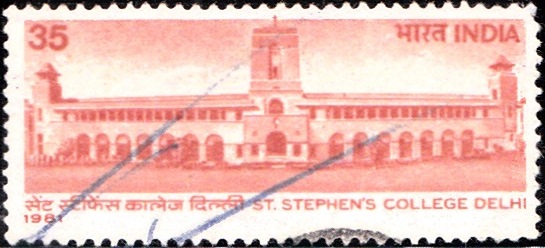
St. Stephen’s College, Delhi
A commemorative postage stamp on the Centenary of the St. Stephen’s College, a constituent college of University of Delhi :
 Issued by India
Issued by India
Issued on Feb 1, 1981
Issued for : Indian Posts and Telegraphs Department is happy to issue a special postage stamp to commemorate the centenary of this institution.
Description of Designs : The stamp shows the building of the college (photograph taken by Kailash Dilwali, a former student of the college) and the first day cover shows the crest of the college.
Type : Stamp, Postal Used
Colour : Scarlet
Denomination : 35 Paise
Overall size : 4.56 x 2.03 cms.
Printing size : 4.26 x 1.72 cms.
Perforation : 14½ x 14
Paper : Star and Government of India watermarked paper
Number printed : 20,00,000
Number per issue sheet : 40
Printing process : Photogravure
Designed and printed at : India Security Press
About :
- St. Stephen’s College, Delhi, was founded on 1 February 1881 by a Christian Mission from Cambridge, England. The Revd Samuel Scott Allnutt was its Founder and First Principal. Starting with just five students and three teachers in a small house in Chandni Chowk, the College has come a long way. It has at present over eight hundred men and women students reading B.A. and B.Sc. (Honours and Pass) and M.A. and M.Sc. courses in Economics, English, History, Mathematics, Political Science, Philosophy, Sanskrit, Hindi, Urdu, Persian, Physics and Chemistry. The College is now housed in spacious buildings constructed in 1941 in the University of Delhi Enclave.
- The composition of the community of students and teachers in St. Stephen’s reflects its truly national character. Drawing its members from every state and community in India, including the weaker section of society, the College presents a broad spectrum of its unity and variety. This has been, to a large extent, made possible by the availability of ample facilities in residence. There is provision for three hundred men students and thirty-two teachers to live in College. The fullness of life experienced in St. Stephen’s is considered to be one of its most distinctive features. This has been achieved by the active involvement of every member of the College, irrespective of cultural and religious differences, in its total life.
- Traditionally, St. Stephen’s College has stood for the development of integrated personality as the ultimate goal of the educational experience that it offers to its students. Hence the emphasis is on formation of character and cultivation of the right values and commitments.
- Life in St. Stephen’s College is marked by the personal touch, and this, fortunately, is possible even today despite the steady expansion of the students’ population. This is what every Stephenian carries with him or her when leaving the College; the memory of a few rare moments of insight and discovery that take place through personal interaction is cherished by each student. The College has been fortunate to have, over the years, a succession of great men of character and vision. Deenabandhu Charles Andrews, member of the faculty, (1904-14), who founded the College Magazine “The Stephenian”, and the Falstaff Society, forerunner of the present Shakespeare Society and whose vision and mission were acclaimed throughout India; Principal S.N. Mukarji to whose undaunted vigour and courage of conviction the present College campus is an enduring monument; and others, before and after them, have left a tradition, that posterity shall not willingly let die.
- The College has always been in the mainstream of national life. Mahatma Gandhi was a frequent visitor at the house of Mr. S.K. Rudra, the fourth Principal of the College. Many historic decisions were taken by Gandhiji in this house. In the context of Independence, St. Stephen’s has continued to play its part by pursuing with zeal the high ideals of University education, and educating generations of men and women, whose presence is felt in every sphere of national life.
- (Text by W.S. Rajpal).


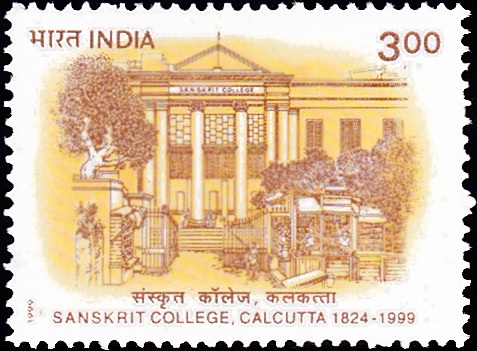
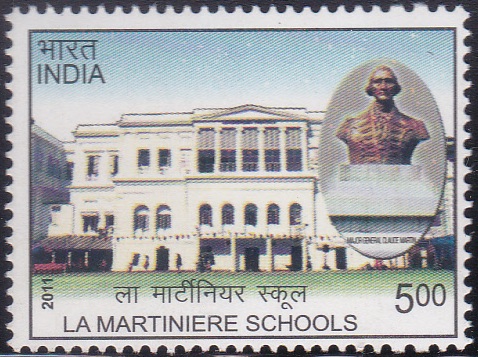
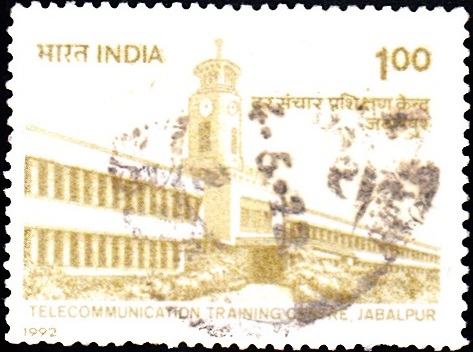
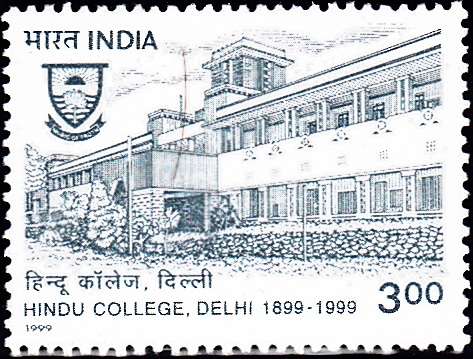
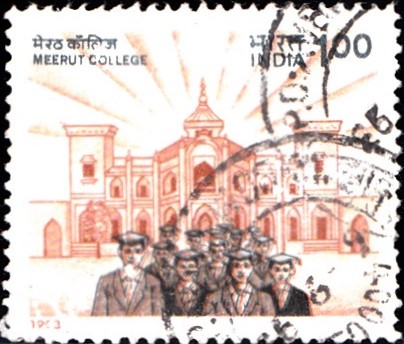
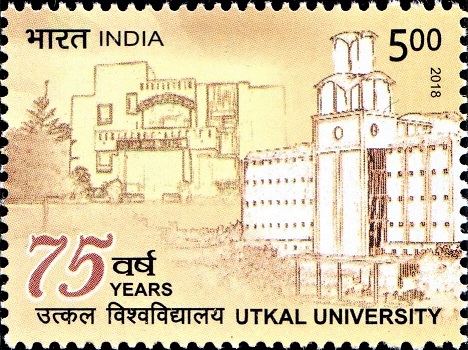
[…] of Rewari. He was born on 20th February 1921 in Rewari (Haryana). Educated at the prestigious St. Stephen’s College, Delhi University he served as a Captain in the Indian Army. Though selected to the Indian Police […]